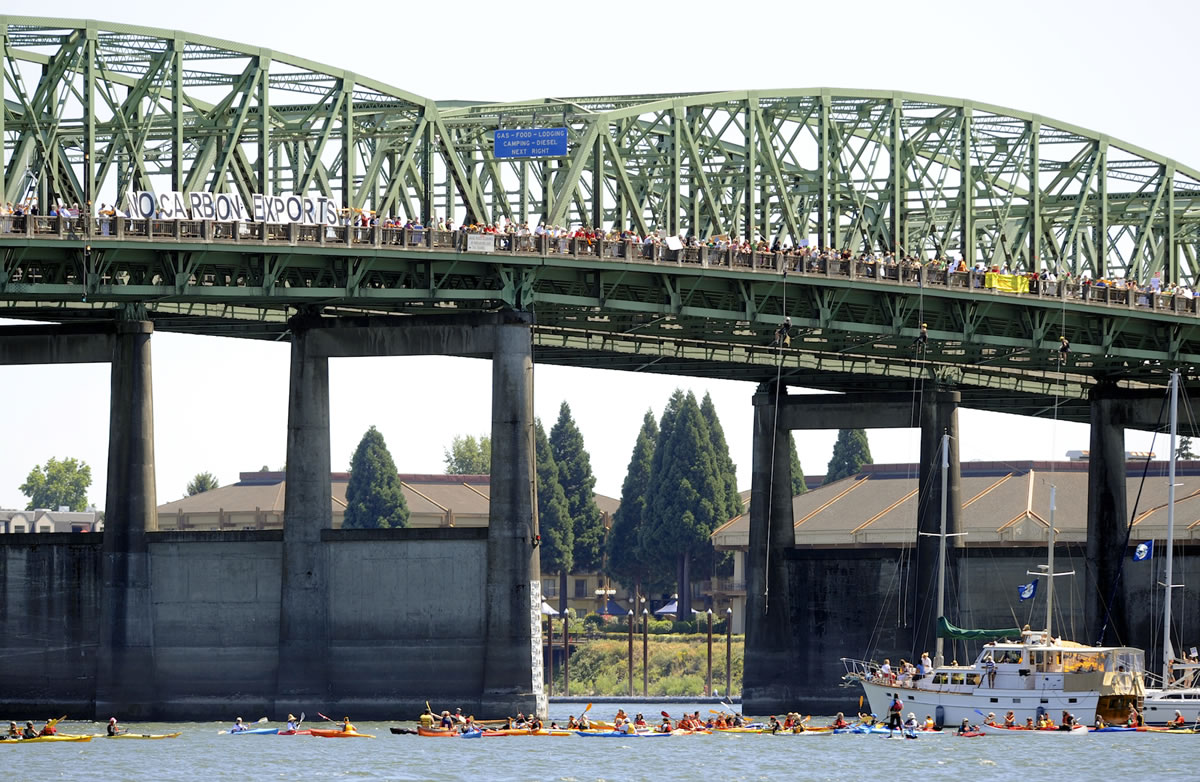To hear Ken Miller tell it, coal’s rise as an export commodity in Southwest Washington is unstoppable.
“There is no local, state or federal regulation that this project can’t meet or exceed,” Miller, president and CEO of Millennium Bulk Terminals-Longview, said of his company’s plan to export up to 44 million metric tons of coal annually to slake Asia’s thirst for energy.
Miller’s confidence is typical of energy producers, transporters and brokers who have put Southwest Washington and the Pacific Northwest in the spotlight with proposals to transform ports into key shipping hubs in a worldwide realignment of valuable oil and coal resources. Under 14 different plans and operations, Washington and Oregon ports would essentially serve as a vast transfer station for the coal and oil being extracted from America’s heartland, where raw materials are sent to domestic and overseas markets demanding fuel and electricity for growth.
But if Miller and the owners of Millennium — Ambre Energy and Arch Coal Inc. — expected a warm welcome in job-thirsty Southwest Washington, they need to take a closer look. Regional and even national environmental activists, who see new oil and coal terminals as harbingers of increased carbon pollution that will hamper efforts to shift to clean sources of energy, have turned an eye to the Northwest and Vancouver.





